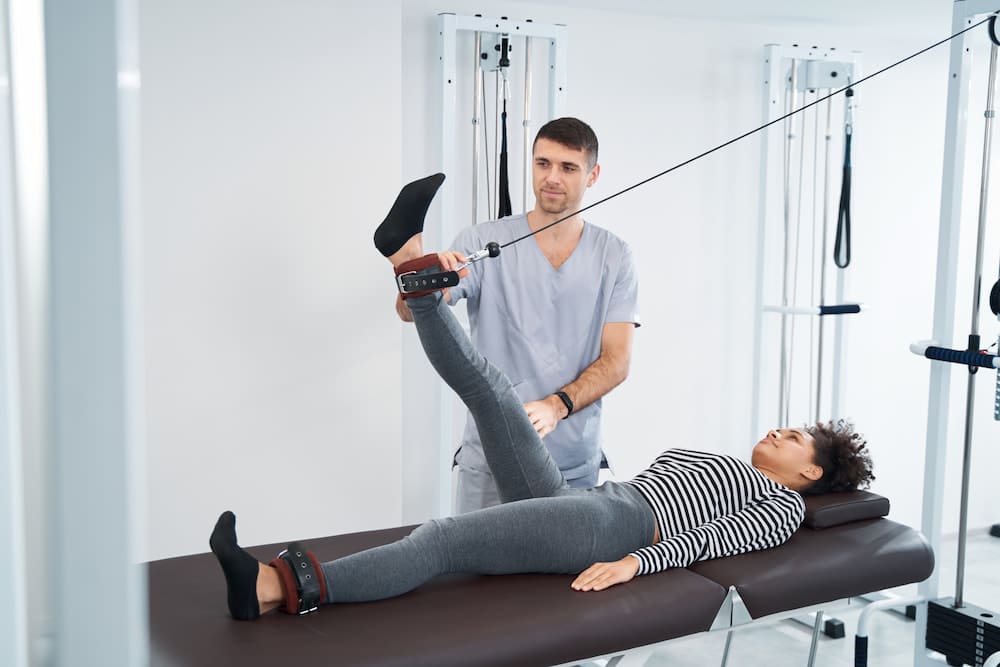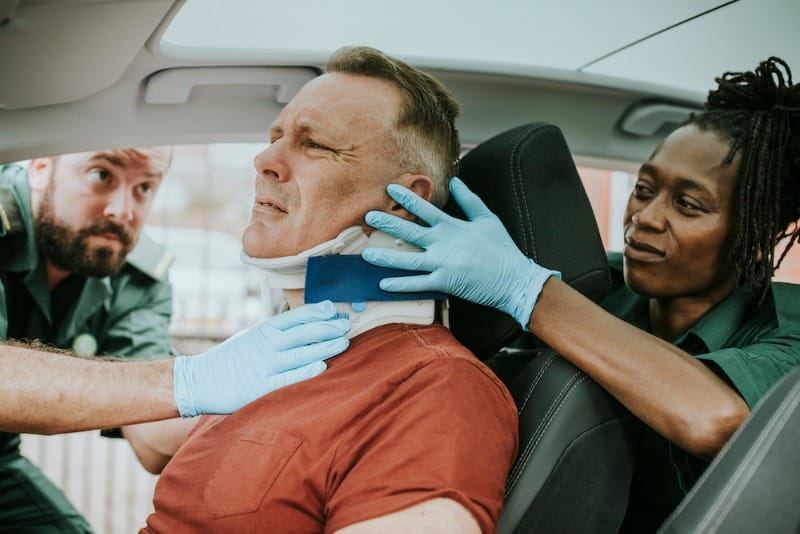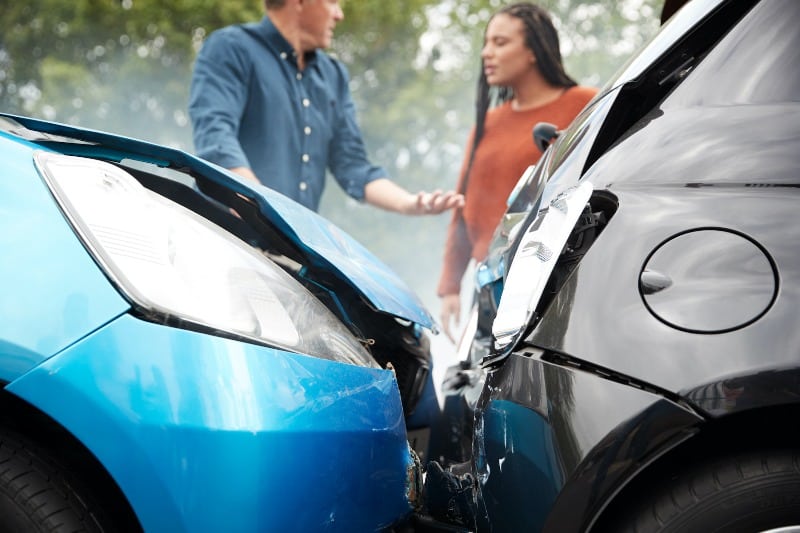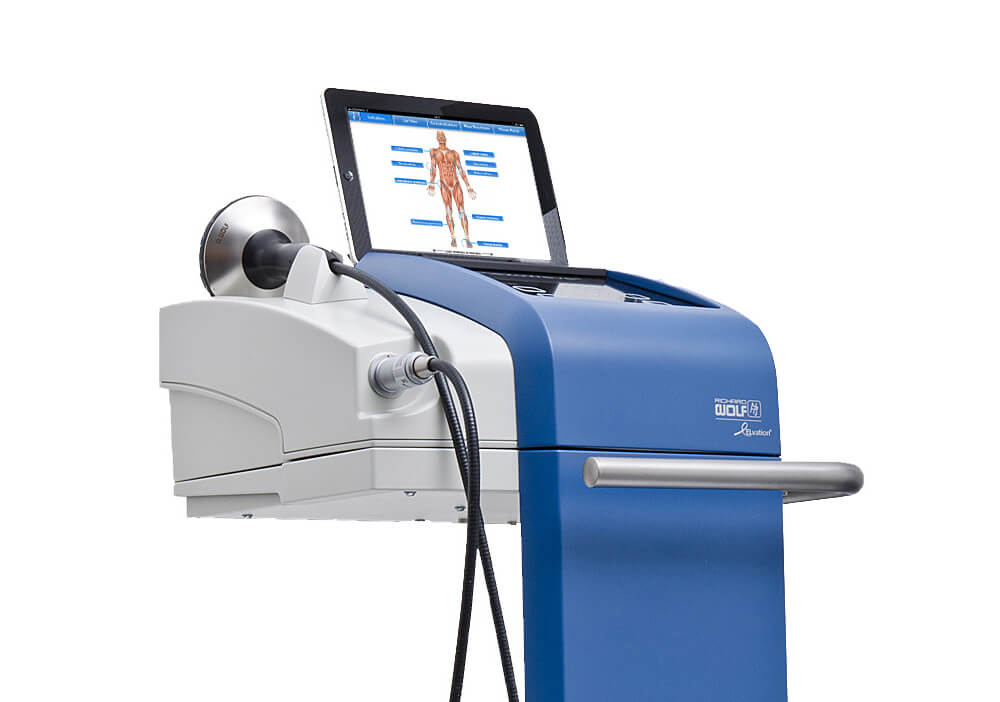

What happens to our bodies in a car crash? When we think of the energy transfer from a large chunk of metal into our fragile bodies we can start to imagine what even a slight impact may have on our delicate musculoskeletal system.
When you are driving a car, you are creating kinetic energy, which is what propels you forward. Normally when we want to stop, we put the breaks on which slowly dissipates that kinetic energy through heat into the breaks. But in a car crash you are not able to get rid of that kinetic energy, so guess what happens? That energy gets transferred into your body. Depending on the speed, the direction of the hit, if you are wearing a seat belt, or if your headrest is up, your body will absorb that energy in a different way.
That energy can cause many different injuries to the body, fractures in your bones, tears in your muscles, ligaments, whiplash, or herniated discs. Your head is something that is critical to protect during a car crash, as head trauma can cause severe impairments.

It is important to understand the dynamics of an accident and what really happens to your body during a collision with another car or object. In every crash where passengers are not wearing a seatbelt, there are three types of collisions that occur within the one accident. The first collision causes the car to buckle and bend as it hits something and comes to an abrupt stop. The second collision occurs between the passenger and an object in the interior of the car, for example, the driver hits their chest on the steering wheel or their head on the
window. The third collision occurs when the internal organs of the body hit the chest wall or the hard skeleton. Our bodies, as smart and well-designed as they are, can only withstand so much force.
Studies show the intense impact a car crash has on the human body even at 15 or 20 miles an hour. It can bruise tissue, cause microtears in muscles and ligaments, and even cause blood vessels in the brain to tear.

This is why after a car accident, even one where everyone seems fine, there’s a checklist of things to examine including increased headaches, increased confusion, pain, stiffness, aches, and difficulty awakening from sleep. We often dismiss fender benders or accidents at a low speed because we think we will be fine. It is critical to get the proper treatment such as chiropractic care from a car crash doctor for your muscles, ligaments, discs, and joints so that you do not have long-standing chronic pain or accelerated degeneration in the future because your injuries were left untreated.
Contact our team Health In Motion Chiropractic at (386) 320-0325 we’re your number one car accident chiropractor in Debary. We do our best to work around our patient’s busy schedules, and you can count on us to provide quality health care.



Call us today at (386)-320-0325 for relief of your whiplash symptoms or for assistance in reaching optimal health.
